It Is Vital You and Your Lawyer Have the Same Expectations
The health insurance paying for your treatment may just be a loan.
Almost all health insurance policies include language requiring subrogation (a right to be paid back and they can sue to get it). Your insurance company will assert their “right” by: 1) contacting you directly and getting you to sign an agreement that they are entitled to the settlement/verdict proceeds; 2) file a lien on the proceeds and notify the defendant’s insurance company of their lien; or 3) contact your attorney and request he/she protect the insurance company’s right.
A good attorney-client agreement will explain how and to what capacity your attorney is going to handle his situation. You need an attorney who knows the law on this issue. There are very recent changes in the law that provide your lawyer with leverage to keep insurance companies away from your money. Also, take comfort in knowing a jury in Georgia is not allowed to hear insurance paid for your medical treatment. This is called the collateral source rule.
You are not guaranteed any money. In fact, it is against Georgia’s Rules of Ethics to make that promise or to guarantee results. Any attorney who tries cases for a living will have lost some. That is why over 90% of civil cases settle before trial. You just never know what strangers (i.e. the jury) are going to do with your case. Nevertheless, the value of your case is directly related to thorough preparation. You want an attorney who prepares for trial 100% of the time because it is extremely powerful to walk into settlement negotiations with the other side knowing you are only one meeting away from taking this to a jury.
A lawsuit is not a lottery. You should expect to receive full compensation for all your current and future medical bills, your current and future lost wages, and your current and future pain and suffering. In some cases, you will also be entitled to punitive damages. Be leery of any attorney who puts a value on your case before they have fully investigated it. There are a lot of variables that go into valuing a case beyond just your medical bills and injuries. For example, what type of witness are you going to make on your own behalf – do you have pre-existing injuries that may come into play, or did you in anyway contribute to the accident? It is our practice to write you a thorough Client Evaluation Letter at the conclusion of our pre-suit investigation and before either filing a demand package with the other party’s insurance company or filing a lawsuit. This serves as our “report” to you and will assist in setting expectations for any settlement or lawsuit. Insurance companies require their attorneys write such a letter so why shouldn’t your attorney do the same for you?
Even though a personal injury case is usually taken on a contingency fee basis, you may still be responsible for costs. The phrase you see over and over again in all advertisements is “no recovery – no fee.” Hopefully, attorneys are spelling out everything (and explaining it!) in their attorney-client agreements. Here is how fees are handled. Most personal injury attorneys handle cases on a contingency basis, meaning they are only paid if they are successful in obtaining money for you. In metro-Atlanta, contingency fees usually run between 33% to 45%. The attorney also agrees to advance the costs and expenses (filing fees, fees for depositions, etc.) to you.
When you win a settlement or verdict, the math goes like this: First, the attorney takes the contingency fee (the % mentioned earlier) from the total amount. Then the attorney takes the costs and expenses he/she advanced you during the litigation, then you receive the remainder.
Georgia Personal Injury Case Specifics
The Georgia Rules of Professional Conduct and your attorney-client agreement may state you are ultimately responsible for the costs and fees your attorney advanced you, even if he/she loses your case. We have never asked a client to reimburse us for fees and expenses if we lose a case. It is simply bad business. An organized attorney will maintain an accounting of all the expenses to date on your case and should make a report available to you upon request. We do because even though we have never sought reimbursement on a lost case, it still prepares you for what money is going to be deducted from any settlement/verdict. Please know if you ever dispute any part of how the money is being disbursed, the Georgia Rules of Professional Conduct require your attorney keep the disputed portion of money in his/her trust account and not touch it until the dispute is resolved.
A personal injury lawsuit takes time. If you are seeking money right away, we cannot help you. There is no set amount of time for a claim to result in a payout (which is not guaranteed in the first place). First, you and your attorney need to monitor your medical treatment. It is a big mistake to think about filing a claim before you know what your permanent status is – are you completely healed or will you need treatment/assistance for the rest of your life? (You must, however, file your lawsuit no later than 2 years after your accident). Once you actually file a lawsuit, the average time for a case to go to trial in a metro Atlanta court takes anywhere from 1-2 years. This does not count the time your attorney should before filing suit. There may be other attorneys out there who can help you faster by working up your case for a settlement only and not for trial. Of course, the value of your case is going to be reduced by such a strategy once the insurance company figures out you are looking for a quick settlement.
A successful case requires your time, participation, and cooperation. Some attorneys sell you on taking care of everything – that all you need to do is sign the agreement. That simply is not true. Once your case goes to litigation, you should plan on giving him/her documents, answering the other side’s written questions (interrogatories), sitting for a deposition, and sitting at the table at trial.
In addition to these things, we also require you help us (help you) with the following:
- Sit down for an extensive interview and fact finding session. We use our knowledge from defending insurance companies to ask you questions and identify facts the other side is going to go after. The goal is to uncover any surprises, to begin to develop a realistic evaluation of your case, and most importantly to set out a litigation strategy for dealing with any unfavorable facts or circumstances. And remember, everything is attorney-client privileged.
- Meet with us for several hours prior to your deposition to prepare. Your deposition has the ability to dramatically change the valuation of your case. The other attorney is sizing you up as a witness and looking for inconsistencies in your statements. He/she is going to report back to the insurance company on how you did as a witness. Preparation is critical and we will spend several hours coaching you. We do not, however, tell you what to say. You must tell the truth, good or bad. We can deal with the bad so long as we are not surprised with it. Most attorneys only meet with their clients for 15-30 minutes right before the deposition to prepare. What we do is teach you how to listen closely to questions, how to respond to just the question being asked, and get you comfortable with the process. We also teach you the common tactics the other attorney may try and use on you.
- If we end up going to trial, we will need to meet with you several times before the actual trial to work on everything from getting you acquainted to a courtroom, to talking about your body language and how your case will proceed.





.2410171551550.png)
